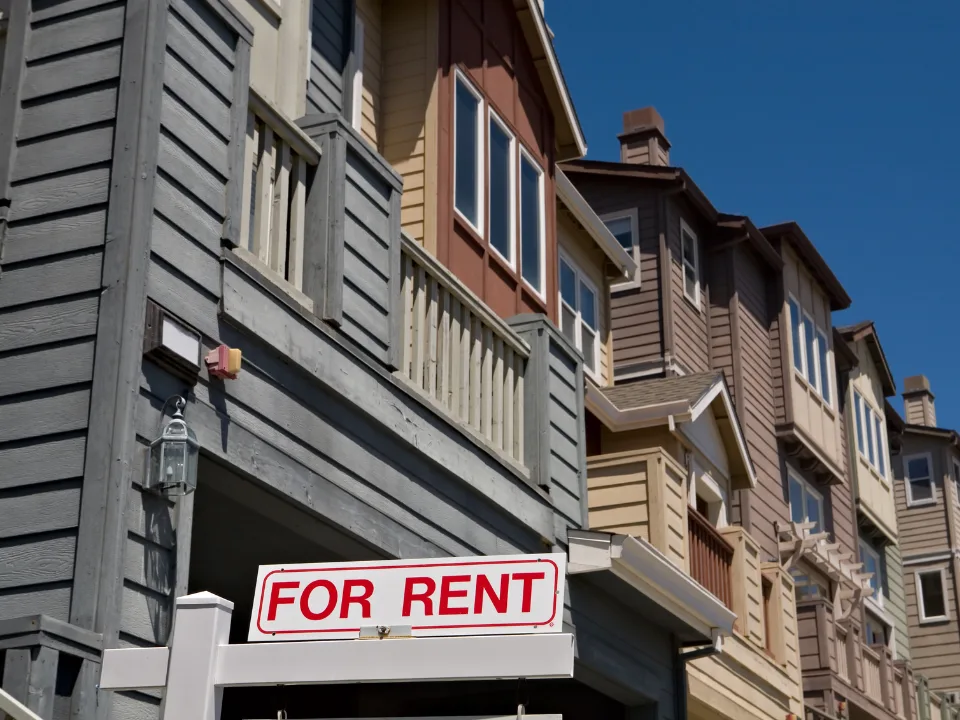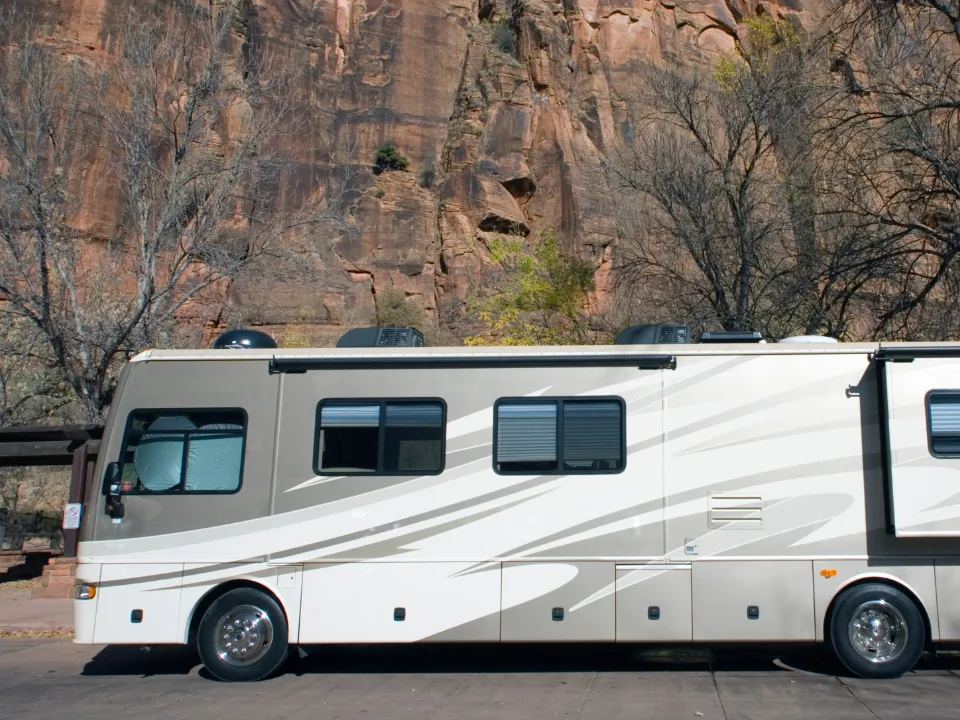Introduction:
A gross lease is an agreement that requires the tenant to pay the property owner a flat rental fee in exchange for the exclusive use of the property.
The fee includes all of the costs associated with property ownership, including taxes, insurance, and utilities.
Gross leases can be modified to meet the needs of the tenants and are commonly used in the commercial property rental market.
Key Takeaways:
- A gross lease is a type of lease that allows the tenant to use the property exclusively by paying a flat fee.
- Gross leases are commonly used in commercial property rentals.
- The fee includes all costs associated with property ownership, such as taxes, insurance, and utilities.
How it Works:
A gross lease is a type of lease that allows the tenant to use the property exclusively by paying a flat fee.
The fee includes all of the costs associated with property ownership, such as taxes, insurance, and utilities.
This means that the tenant does not have to worry about paying separate bills for these expenses.
Key Components:
- Fixed Fee: The tenant pays a fixed fee to the property owner for the exclusive use of the property.
- All-Inclusive: The fee includes all costs associated with property ownership, such as taxes, insurance, and utilities.
- Flexibility: Gross leases can be modified to meet the needs of the tenants. For example, the landlord and tenant can negotiate the amount and terms of the lease, and the tenant may ask the landlord to include additional services.
Benefits:
- Predictable Expenses: With a gross lease, the tenant knows exactly how much they will be paying each month, as all costs are included in the flat fee.
- Simplicity: Gross leases are straightforward and eliminate the need for the tenant to manage and pay separate bills for taxes, insurance, and utilities.
- Flexibility: Gross leases can be modified to meet the specific needs of the tenants. The landlord and tenant can negotiate the amount and terms of the lease to include additional services or adjustments to the fee.
Takeaway:
A gross lease is an agreement that requires the tenant to pay a flat fee to the property owner in exchange for the exclusive use of the property. The fee includes all costs associated with property ownership, such as taxes, insurance, and utilities.
Gross leases are commonly used in commercial property rentals and provide tenants with predictable expenses and simplicity in managing their rental payments. They also offer flexibility as the lease can be modified to meet the specific needs of the tenants.
Overall, gross leases provide a straightforward and convenient rental option for both landlords and tenants in the commercial property market.
It’s important to note that while gross leases offer simplicity and predictability, there may be drawbacks as well. For example, the tenant may end up paying a higher amount in rent compared to a lease where they are responsible for paying individual bills.
It’s also essential for both landlords and tenants to carefully review and understand the terms and conditions of the lease before signing to ensure that they are fully aware of their rights and responsibilities.
Disclaimer: The information on this website, including glossary definitions, is for educational and informational purposes only and not intended as professional advice. While we strive for accuracy, we make no guarantees regarding the completeness, reliability, or timeliness of the information provided. We are not liable for any loss or damage arising from your use of the site. Investment decisions in commercial real estate should be made based on individual due diligence and professional advice. Laws and regulations are subject to change; always consult legal and financial experts before making decisions.
Source:











